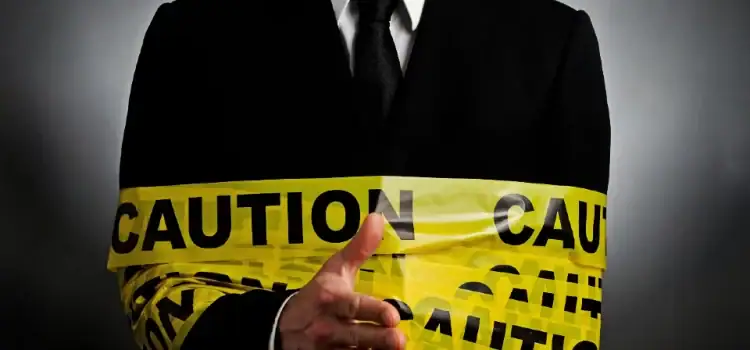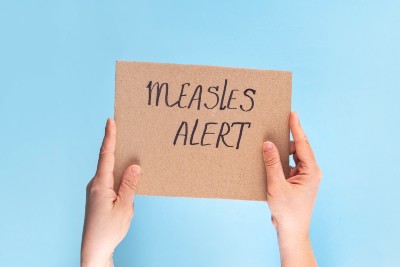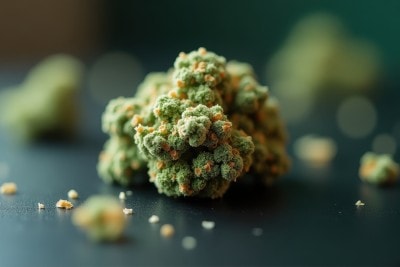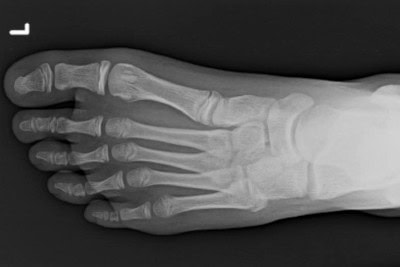In cases of cardiac arrest associated with an opioid overdose, outcomes may be improved if bystander CPR is administered that includes both mouth-to-mouth rescue breathing as well as chest compressions, according to a large cohort study of 10,923 out-of-hospital cardiac arrest (OHCA) cases in British Columbia. As published in JAMA Network Open, researchers investigated the impact of bystander CPR techniques on neurologic outcomes, including among opioid-associated OHCA (OA-OHCA) cases. Of the 1,343 OA-OHCA cases studied, …
Read More









